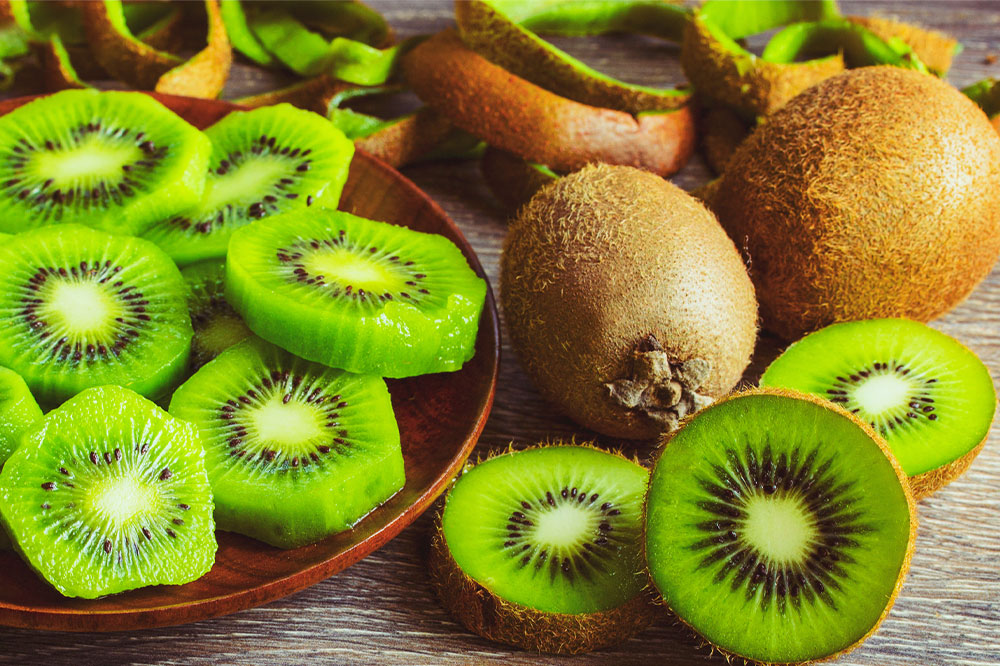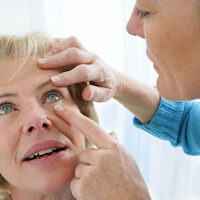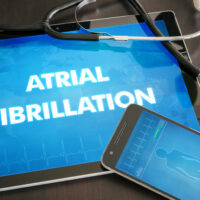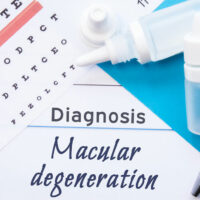Natural Remedies and Foods to Relieve Sinus Congestion

In the human body, there are four pairs of paranasal sinuses located in the head, behind the nose, and eyes. They have many functions, such as lightening the head’s weight, enhancing voice resonance, and humidifying and heating the inhaled air. Sinus congestion happens when certain conditions trap fluid in the sinuses, thereby blocking them and making them painful. It is very uncomfortable as the tissues covering the sinuses swell because of inflammation.
Various causes of sinus congestion
Sinus congestion is caused by a virus, fungus, or bacteria that makes the tissues lining the sinus swell, thus blocking them. Some of the specified causes of sinus congestion are:
Common cold
Nasal polyps
Departed septum
Allergies
Weak immunity
Young children and infants also get sinus congestion when they spend time in daycare, use pacifiers, or drink from bottles while lying down.
Significant symptoms of sinus congestion
The following are the symptoms of sinus congestion:
Headache
Coughing
Fever
Sinus pain
Runny nose
Pressure in eyes and face
Natural remedies to help get rid of sinus congestion
One can try several natural remedies at home to ease sinus discomfort. These include:
Staying hydrated
When a person gets sinus congestion, the mucous membranes are inflamed. But when one stays hydrated, it supports the membrane to function correctly. So when one drinks plenty of water or any other fluid, it helps relieve the symptoms caused by sinus congestion.
Steam inhalation
This helps significantly in sinus congestion as it moistens the mucous membranes. This works particularly in winter when the weather is very dry and cold. One can either use a humidifier or take hot water in a bowl and breathe in the vapors, which can help unblock the sinuses and relieve all symptoms.
Use eucalyptus oil
This oil works miraculously to relieve sinus congestion symptoms. It also helps kill germs in and around the nasal passage that causes sinus infection. One can use it either by adding it to tissue paper and inhaling it by keeping it close to the nose or by adding the oil to hot water and breathing in the steam.
Use warm and wet towels
Holding a warm and wet towel to the face helps relieve the inflammation and swelling caused by sinus congestion. It also helps moisten the mucous membrane, allowing it to work correctly. The towel can also be soaked in warm water and then draped on the face so one can breathe comfortably.
Use a nasal spray
Steroid sprays available over the counter can help decrease inflammation that causes sinus congestion. But be careful, as some of the decongestants can worsen the problem more than solve it if it is overused.
Use a neti pot
These are teapot-shaped small devices that help pour salt water solution inside the nasal cavity and relieve sinus congestion by moistening the mucous membranes. It also helps by flushing out the sinuses and clearing all things that block them. But one needs to be mindful of certain precautions. For instance, it would help if the neti pot is properly cleaned before using it, as it can cause a sinus infection from the germs of an uncleaned pot.
Foods for getting relief from sinus congestion
Other than natural remedies and medications, some foods also work best in getting relief from sinus congestion. These includes:
Hot and spicy foods
Spicy foods such as hot pepper can help clear sinuses. This is because spicy foods contain a chemical known as capsaicin that creates a burning sensation when it comes in contact with one’s body tissues. This chemical causes mucous membrane irritation, resulting in a runny nose and softening all nasal congestions.
Pineapple
It works as a good sinus decongestant as it possesses an enzyme known as bromelain that helps break down the junk in sinuses and reduces swelling and inflammation.
Garlic
It is a multipurpose spice that works well with everything like pepper and garlic also assists in decreasing the pain and inflammation in the sinus passages.
Horseradish
It has several health benefits because of its high content of nutrients and minerals. It assists in clearing the sinus passages and eases the mucus in the upper respiratory passage.
Foods rich in antioxidants
Some foods like citrus, spinach, kiwi, vegetables, and berries assist in protecting the mucous membranes. Such foods are also rich in vitamins and minerals.
Ginger
Ginger opens up sinus congestion because of its anti-inflammatory property and can be consumed in tea.
Turmeric
It is yet another common spice that has anti-inflammatory properties. It assists in opening up the congested sinuses. One can have it by adding it to some hot lemon water. It works wonders.
Increase probiotic intake
The beneficial bacteria in our bodies help ward off diseases from fungi and harmful bacteria. There are many billions of microorganisms in one’s gut. The balance between beneficial and dangerous microorganisms can be maintained with probiotics. When the balance in the stomach is disturbed, germs have an opportunity to flourish. Probiotics can also help a person feel better, have better digestion, and have a stronger immune system.
When should one see a doctor?
Even though a person can relieve sinus congestion by using several home remedies and foods, sometimes complications might arise. It’s good to see a doctor as soon as possible when one has the following conditions:
A temperature above 100.4F
Worsening symptoms, which are not going even after a few days
Frequent issues with sinuses
When symptoms do not resolve with OTC treatment
Conclusion
Sinus congestion can make a person miserable, but managing it is easy when one knows the accurate treatment. For this, one also needs to find out what’s causing sinus congestion. A person might be able to treat the symptoms but will get it frequently if one does not know what is causing congestion. Try the home remedies and foods mentioned above to relieve sinus congestion.





